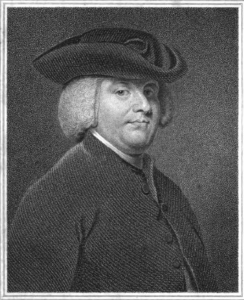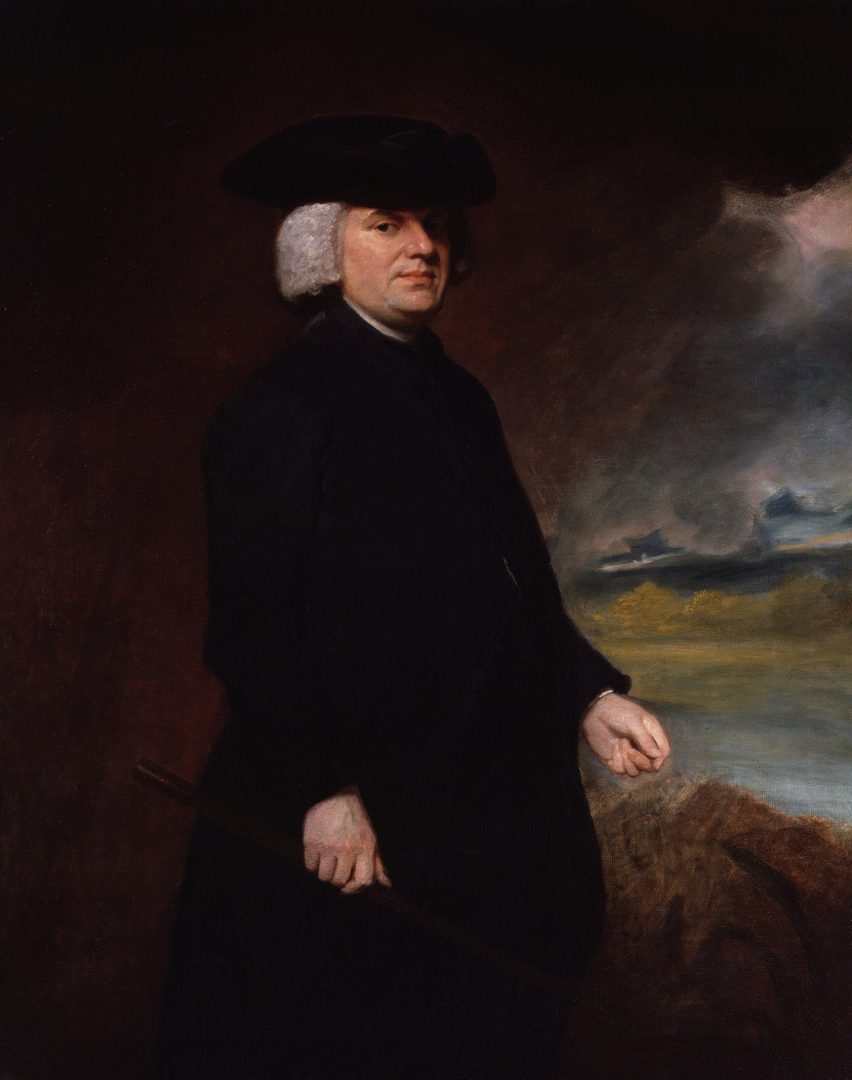Among the religions and philosophies on earth, some believe there is a god or gods and others do not. Some do not believe anything. Atheists believe that there is no God or gods. Theists believe that there is a God or gods. Agnostics do not believe there is a God or gods but also do not believe there is not a God or gods. Agnostics generally believe there is no proof of the existence of a God or gods but do not rule out the possibility of a God or gods.
An atheist would say the universe was created by chance, but Bishop William Paley, a theist, suggests that there is a creator, a watchmaker, that designed the universe. Paley describes the universe as a watch with multiple complicated parts all working together. The watch has a specific function that is determined by the designer. Thus, the watchmaker intends for the watch to do what it does. Paley also points out that the order in the universe is proof of God’s existence (Paley 32).
Human suffering must have been determined by God
Since all parts of the watch have a specific function designed by the watchmaker, then it is safe to assume that all functions of the watch are determined. If the universe was designed to work as it does, then human suffering must have been determined by God. Sure starvation, war, genocide, and crime can be attributed to free will, but in a perfectly designed universe, everything would be determined. Free will does not actually exist in a designed universe, because the outcome of all events is part of the design. Even if humans have free will, what about natural disasters, disease, and birth defects? Only the laws of nature cause such things. Since God designed the laws of nature, he knowingly designed such suffering (Johnson 85-89).
 Paley stated that a watch sometimes misses a beat or a part breaks. He argued this is also the case with the universe. He says that these irregularities are irrelevant to the existence of God (Paley 32-37). These irregularities could be part of the reason evil exists; however, there is a big difference between a watchmaker and God. According to the popular theist belief, God is omnibenevolent, omnipotent, omniscient, and omnipresent. This means that God would know when and where flaws in the design would appear and could fix them before they occur. This would disregard the theory that God is omnipotent and omnibenevolent because God can not be all good to allow suffering nor can he be all-powerful to allow it (Johnson 85-89).
Paley stated that a watch sometimes misses a beat or a part breaks. He argued this is also the case with the universe. He says that these irregularities are irrelevant to the existence of God (Paley 32-37). These irregularities could be part of the reason evil exists; however, there is a big difference between a watchmaker and God. According to the popular theist belief, God is omnibenevolent, omnipotent, omniscient, and omnipresent. This means that God would know when and where flaws in the design would appear and could fix them before they occur. This would disregard the theory that God is omnipotent and omnibenevolent because God can not be all good to allow suffering nor can he be all-powerful to allow it (Johnson 85-89).
Contrary to the watch analogy, the universe does not have a uniformed function, nor is it orderly. The distribution of matter in the universe has no order. The matter is randomly scattered throughout the universe. While galaxies, solar systems, and planets do cluster matter because of the law of gravity, on a larger scale, it is not ordered. Even if you consider the random formation of molecules from the elements and the physics of nature as part of a design, there is no way to miss the fact that according to the most popular theory the universe is expanding and will continue to expand until there is nothing left. All matter will break down into its smallest parts and spread out until everything is so far away from one another that it could not affect the other. This theory is upheld by scientific observations such as the redshift, which shows that the universe is expanding. This evolution of the universe and its eventual doom would all have to be part of the design (Smith 217-237).
The watchmaker analogy is also flawed if an appeal is made to evolution.
A watch is designed and then set in motion. Its parts do not change over time. The function of the watch is dependant upon the consistency of the movements. Evolution of the universe, starting with the big bang, to the evolution of life would be discredited by the watchmaker analogy. The watchmaker analogy describes a perfect design that was set in motion.
 Evolution of any kind would affect that design, the same way motion would be affected in the watch if the parts began to rust. The smallest change affects the function greatly and could cause the watch to shut down.
Evolution of any kind would affect that design, the same way motion would be affected in the watch if the parts began to rust. The smallest change affects the function greatly and could cause the watch to shut down.
Take into account that “The Argument from Design” was written a century before Charles Darwin’s discovery of evolution. At that time, the popular theist belief was creationism, that the universe was created in six days. To this day we do not know enough about the universe to say that it is orderly, but more evidence points to the fact that it has no order. In the time of Paley, there was even less known about physics and the nature of life.
If the universe is intelligently designed, then who designed God?
The watchmaker analogy is rooted in the theory that God is a self-existent being and that he “intelligently designed” the universe as a watchmaker would design a watch. The existence of the universe is dependent upon God, the creator. It would be the same to assume that the universe is the self-existent being which created everything else. This assumption would disprove the need for a God and say the creation of everything lies with the universe (Clarke 22-23).
The idea that the universe is intelligently designed like a watch is flawed as well. The Epicurean Hypothesis suggests that our universe could have formed by chance. The current state of the universe might have evolved over several billions of years. This is plenty enough time for the illusion of order that is apparent to us to have developed. Most of what we see every day tends to be orderly, but the pure science of everything leaves the universe looking chaotic. We do not live in a perfect world with a perfect set of rules no matter how much we want to believe that. The universe is still evolving and will continue to evolve until its inevitable end (Hume 56).
The Atheist point of view finds flaws in the watchmaker analogy based purely on empirical evidence, evidence in which atheist beliefs are based. Atheists tend to believe only what they can see or prove. There is no doubting that the watchmaker analogy has flaws using today’s theories and scientific evidence, such as the appeal to evolution and eventual destruction of matter in the universe. There are also flaws in the analogy according to experience, such as the idea that God would have had intended suffering for humans because it was designed that way. The times have changed, technology has progressed, and analogies have changed in meaning. Perhaps there is a way to win the argument that a God exists, but not until the existence of God can be proven and God’s nature is revealed.






